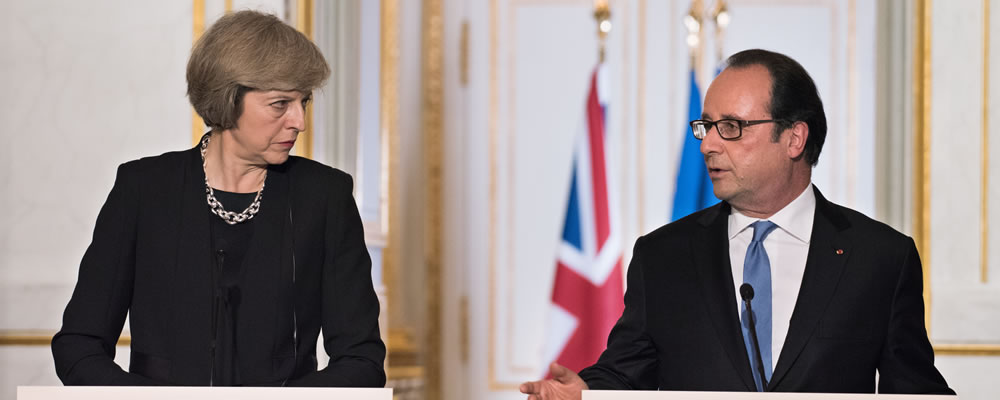The Pound has made a surprise advance against the Euro on the afternoon of 12th January, following rumours of a change in EU attitude.
Bloomberg has reported that Spanish and Dutch finance ministers have voiced support for the UK leaving the EU under ‘soft Brexit’ conditions.
This would leave the UK with relatively strong trade links and agreements in place, which could lessen the damage of the overall Brexit process.
The Spanish and Dutch governments have since downplayed the story, but this hasn’t prevented a 0.4% GBP/EUR exchange rate rise.
(First published 12th January, 2018)
Government’s Plans for Brexit could Trigger Pound to Euro Turbulence
The Pound to Euro (GBP/EUR) exchange rate has declined slightly today, mainly down to a strong Euro making unstoppable gains in the pairing.
The latest UK news has been concerning, with impact assessments suggesting economic turmoil if Brexit goes badly.
Oxford Econometrics has studied potential Brexit impacts and concluded that investment to the UK could fall by around £-54bn in the worst case scenario.
This estimate, along with the prediction that half a million jobs could be lost, has greatly concerned GBP traders.
In the future, if it looks like the UK government is going to risk these disastrous outcomes and opt for a ‘hard Brexit’, the Pound to Euro exchange rate could tumble.
Conversely, suggestions that ties with the EU will be maintained and a hard Brexit will be avoided could lead to a notable GBP/EUR exchange rate rise.
Slowing UK Inflation could Push Pound to Euro Exchange Rate (GBP/EUR) Up
In an unusual turn of events, the Pound may appreciate against the Euro next week if UK inflation rate data shows a slowdown in December.
Current forecasts are for a reduction in the year-on-year inflation rate in December, from 3.1% to 3%.
Typically, falling inflation lessens the chances of interest rates hikes and therefore devalues currencies.
With the Bank of England (BoE), however, there are currently low expectations for UK rate hikes in 2018, so lower inflation could raise confidence in the Pound.
The BoE has been holding off on raising interest rates recently, due to the pace of inflation outstripping the rate of wage growth and triggering a decline in real incomes.
If inflation slows and future UK wage growth rises, the Pound could advance against the Euro because of the better economic conditions this would create.
Further Euro to Pound Exchange Rate Gains Possible on ECB Policy Change
The Euro has recently advanced against the Pound (EUR/GBP), thanks to signs that the European Central Bank (ECB) could be becoming more bullish.
The ECB’s latest minutes have suggested that the central bank might taper off quantitative easing (QE) in 2018; this news sent the Euro soaring.
The crucial passage in the central bank’s statement was;
‘Looking ahead, the view was widely shared among members that the governing council’s communication would need to evolve gradually.
The language pertaining to various dimensions of the monetary policy stance and forward guidance could be revisited early in the coming year’.
While not blindingly obvious, this statement nonetheless suggests that the central bank could start to shift its attitude on QE, a program that has been ongoing since 2015.
Finally moving away from buying up bonds and considering higher interest rates would be a major step for the ECB, which has left interest rates at 0% since 2016.
If the ECB commits to its implied course of action and seems set to tighten monetary policy in 2018, the Euro could rise even further against the Pound.
Is EUR/GBP Turbulence ahead on Inflation Rate Stats?
While upcoming European Central Bank (ECB) updates could raise confidence in the Euro, the single currency might suffer a temporary loss in the near-term.
This is because Eurozone inflation rate figures, out on 17th January, are forecast to show a small year-on-year decline from 1.5% to 1.4%.
If inflation moves away from the ECB’s 2% target, the pressure to consider an interest rate hike will be lessened.
On the other hand, if the finalised forecasts are incorrect and inflation remains static or even rises, the Euro could see another sharp rise against the Pound.


Comments are closed.